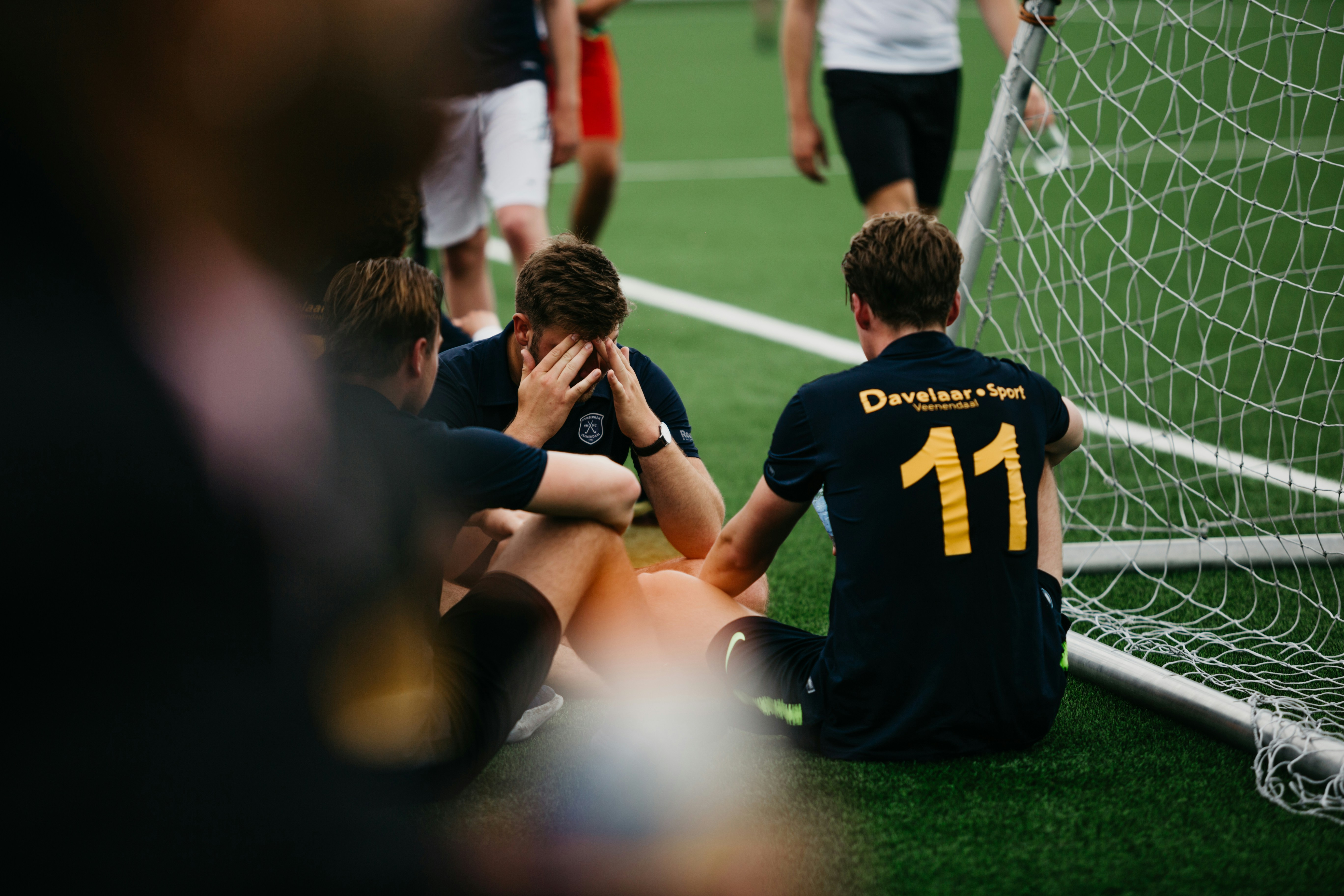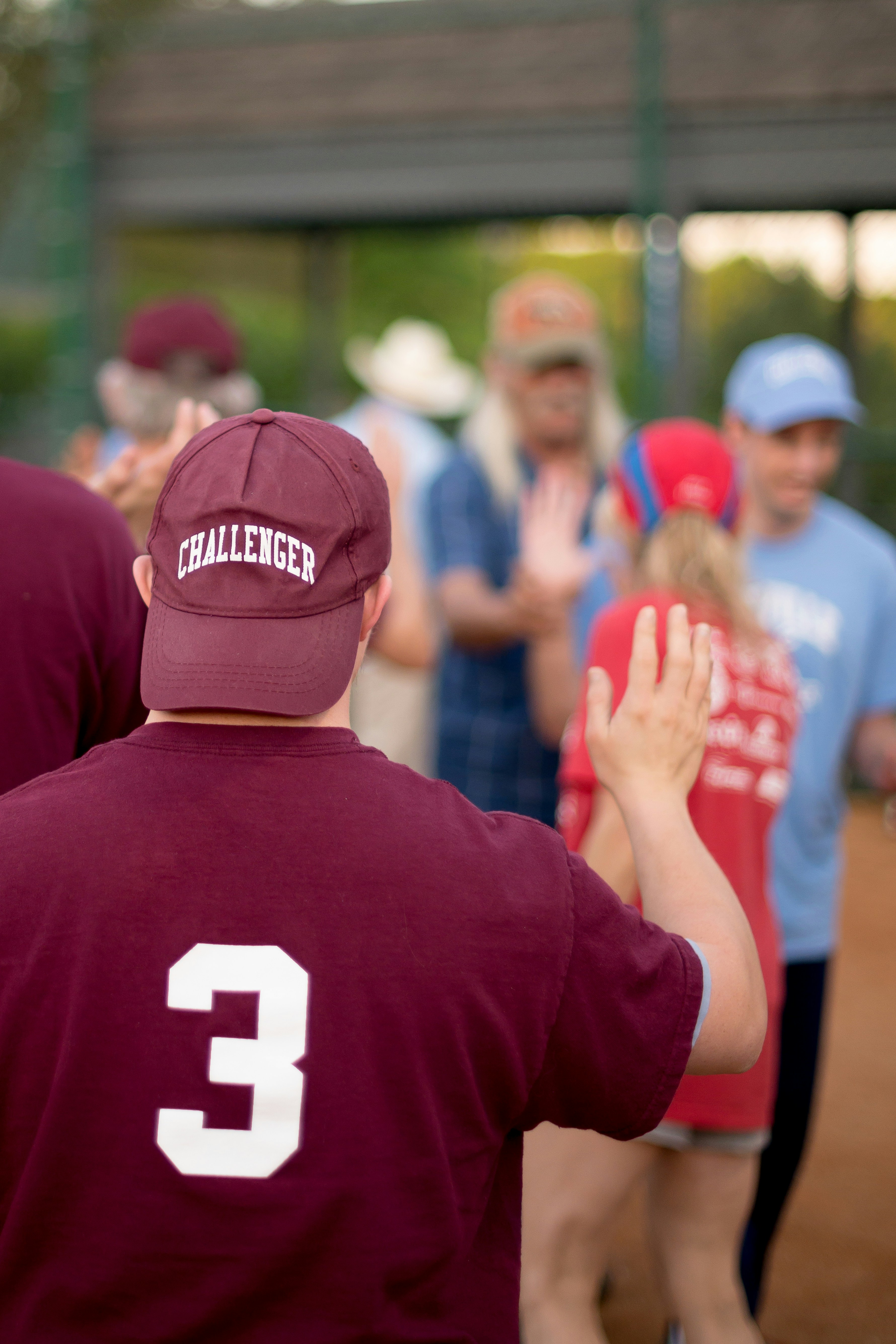The Evolution of Esports: Traditional Sports Shape Digital Competitions
Esports has transformed from a niche interest into a multi-billion-dollar industry, captivating millions around the globe. But as digital competitions rise, a fascinating interplay is emerging between traditional sports and esports. This evolution isn't merely about better graphics or faster internet; it encompasses crucial elements like player wellness initiatives, mental health considerations, and physical training regimens that are now being adopted by esports athletes. In this article, we delve into how traditional sports are influencing the dynamics of esports, with a keen focus on athlete wellness.
Understanding the Synergy Between Esports and Traditional Sports
The convergence of esports and traditional sports is no coincidence. As traditional sports leagues embrace digital platforms, they are keenly aware of the benefits that esports can offer. This integration is evident in training methodologies, performance analytics, and even mental health support systems implemented across both domains. By examining the strategies honed in traditional athletics, esports can create a robust framework for competitor wellness.
The Training Paradigm: Balancing Physical and Digital
Esports athletes are often portrayed as individuals who simply sit in front of screens for hours. However, a comprehensive look reveals a different reality. Just like traditional athletes, esports competitors rely on rigorous training schedules, although the focus shifts from physical endurance to cognitive prowess. As a result, many esports teams are now hiring performance coaches who use principles seen in sports like basketball or soccer, emphasizing not only skill development but also active mental conditioning.
Moreover, traditional sports have established the importance of physical conditioning and recovery protocols. For instance, many esports organizations now encourage players to engage in physical activities, promoting overall fitness that enhances in-game performance. This collaborative training regimen ensures players are equipped to handle intense competition while maintaining their physical and mental well-being.
Case Studies: Successful Programs Melding Two Worlds
Several professional esports teams have adopted holistic training programs that incorporate elements from traditional sports. For example, Team Liquid's innovative approach includes a wellness program that focuses on not just gaming mechanics, but also encourages cardiovascular fitness and strength training. These initiatives are rooted in proven strategies employed by traditional sports teams, which often emphasize the value of overall health and well-being.
Another notable example is the Overwatch League’s partnership with mental health professionals to provide support for players who encounter the pressures of high-stakes competition. This mirrors practices in the world of traditional sports, where mental coaching and sports psychologists have become integral to elite performance. Harvard Business Review features findings showing that athlete wellness programs contribute to lower burnout and enhanced performance, a principle now being adapted within the esports realm.
Mental Health Matters: The Importance of Psychological Support
With increasing awareness around mental health, esports organizations are beginning to adopt practices reminiscent of sports psychology utilized in traditional athletics. The unique pressures faced by esports athletes—including public scrutiny, high expectations, and burnout—necessitate robust support systems. Mental health initiatives that incorporate strategies from conventional sports help to alleviate stress and foster a spirit of camaraderie among teammates.
As explored in other articles, such as the hidden costs of athletic ambitions, mental health in sports, whether traditional or digital, is crucial for performance. Esports organizations are now starting to prioritize regular mental health check-ins for players, much like the comprehensive support provided in team-based sports.
Innovative Strategies: Fitness Meets Technology
As esports becomes more integrated with health and wellness, technology plays a crucial role in bridging the gap between physical and digital training. Wearable devices that measure heart rate, sleep patterns, and even cognitive load during gameplay are becoming commonplace. This technology, first pioneered in traditional sports, allows teams to track health metrics closely to optimize performance.
Notably, partnerships between tech companies and esports organizations are yielding new fitness tracking software tailored specifically for gamers. This fusion of traditional sports principles with cutting-edge technology results in a holistic training environment. For instance, wearable tech originally designed for outdoor sports can now inform in-game strategies, ensuring that players are at their peak condition during competitions.
The Future of Player Welfare Programs in Esports
As esports matures, the focus on welfare programs will continue to evolve. The lessons gleaned from traditional sports suggest that a multifaceted approach—combining physical, mental, and technological components—is paramount. Stakeholders across the esports landscape, including team owners, players, and league organizers, need to prioritize the holistic health of their athletes.
A report by McKinsey & Company emphasizes that leagues adopting strong welfare programs will outperform competitors that neglect this aspect. Investing in athlete well-being not only enhances performance but also aids in building a positive organizational culture. The esports ecosystem is poised to learn from traditional sports, paving the way for future growth and sustainability.
Final Thoughts: A Convergence of Two Sports Cultures
The evolution of esports is not merely a digital replication of traditional sports; it represents a unique amalgam that draws on the strengths of both realms. The adoption of innovative player wellness initiatives borrowed from the traditional sports playbook highlights the essential interconnectedness of these two worlds. As we look to the future, the role of comprehensive wellness programs in esports will become ever more critical.
Fans, players, and organizers alike must engage in this transformation, incorporating strategies that foster mental well-being, physical health, and peak performance. The future of esports will undoubtedly hinge on this crucial synthesis, guiding athletes to greater heights while ensuring their overall wellness.
If you’re interested in exploring more about the growing connection between digital and traditional sports, check out how traditional sports shape modern training or discover mental health strategies utilized by athletes across different sports domains.




